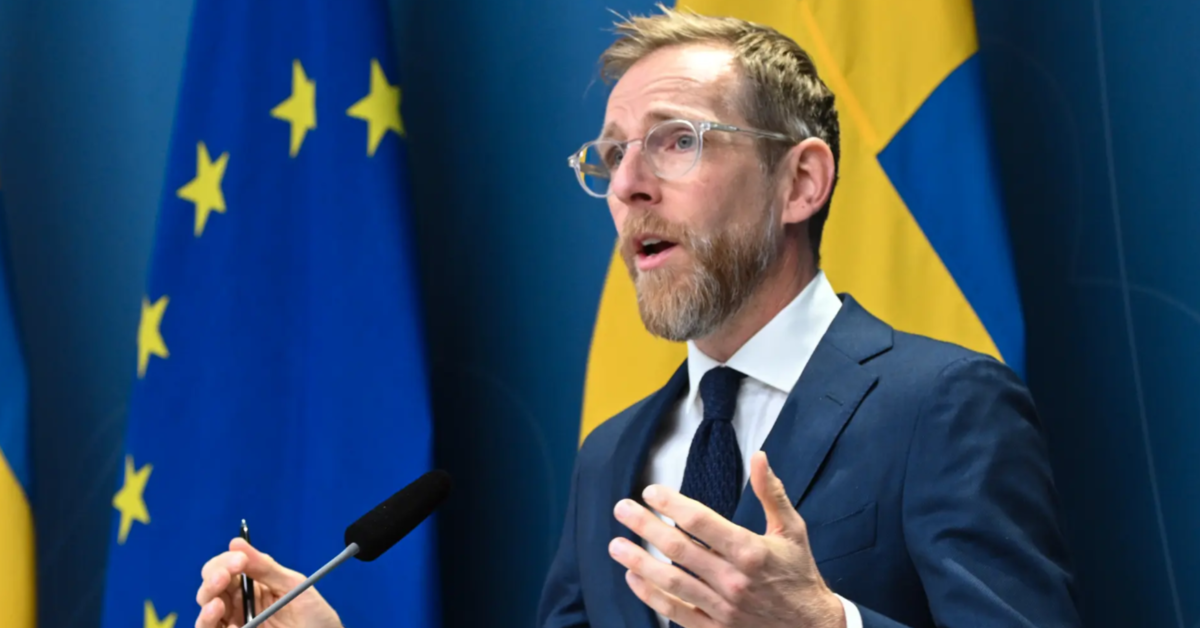Yousaf throws in the towel: What next for Scotland, independence and the SNP?
At a Glance
- Humza Yousaf has announced his intention to stand down as Leader of the Scottish National Party and First Minister of Scotland, following days of pressure and looming votes of no confidence.
- In an emotional statement, he reiterated his belief that ending the Bute House Agreement – the basis of his party’s coalition with the Scottish Greens – was the right thing to do; but he took personal responsibility for how it was handled.
- The SNP will now see its second leadership election in 13 months as the contest to replace him begins.
What happened?
The storm clouds began to gather on 19 April, when the Scottish Green Party announced its intention to ballot its membership on whether to continue in coalition with the SNP. With many predicting the Greens to vote to quit, Yousaf’s decision to kick them out of government was widely seen as jumping before he was pushed. But this spectacularly backfired when the two main Unionist parties at Holyrood, the Conservatives and Labour, tabled Motions of no confidence in Yousaf and his government; it became clear over the weekend that without a majority he was unlikely to win either.
A Cabinet Minister at Westminster contacted EGA as the announcement was being made to observe wryly that ‘Yousaf’s attempt to get on the front foot has been rather stymied by shooting himself in that foot.’ The speed at which Yousaf’s premiership unravelled has certainly shocked many on both sides of the border. While there is an understanding that he had a decision to make, the manner in which he executed it was clumsy and ill-thought through. Yousaf went for broke: his decision to go it alone hinged on the belief that he could win the
confidence votes. He had no Plan B.
What happens now?
The First Minister today only announced his intention to stand down as Leader of the SNP and First Minister – nothing will actually change until a new Leader is in place. The SNP leadership election timeline will be determined primarily by how many candidates throw their hats into the ring. In short, more candidates mean a longer election; the 2023 election which saw Yousaf elected had three candidates and took a month.
Yousaf’s main challenger in 2023, Scottish Finance Minister Kate Forbes, is already talked about as a candidate for the coming election. She will be the only one with the remains of a campaign structure in place, but Scottish sources tell EGA that she would likely struggle to lead the SNP contingent at Holyrood, amongst whom she is unpopular. The Scottish Greens would also be unlikely to offer her their support, seriously harming her ability to legislate as First Minister – which was a huge problem for Yousaf himself.
Other names being put about include that of John Swinney, an SNP old guard who was Leader from 2000 – 2004, and was Deputy First Minister under Nicola Sturgeon from 2014 – 2023; Culture Secretary Angus Robertson; Education Secretary Jenny Gilruth; and Health Secretary Neil Gray.
If the Party takes a similar approach as last time, once a new Leader is elected Yousaf will step down as First Minister the following day, and the Scottish Parliament must then vote to nominate the new SNP Leader as First Minister. This has in the past been something of a rubber-stamping exercise, but the circumstances of Yousaf’s departure – and the resulting acrimony between the SNP and the Scottish Greens, the other major pro-independence grouping – make things far from certain.
How are other parties reacting?
The Conservatives are the official party of opposition in the Scottish Parliament, having finished second at the last Holyrood election. In a reflection of the Party’s prospects on a national scale, however, Scottish Tory leader Douglas Ross stopped short of calling for a Holyrood election. The Labour Party, by contrast, has been decidedly more bullish.
Historically, Labour’s route to majority government at Westminster has been bolstered by strong Scottish foundations. The General Election this year is likely to be no different, with Labour eyeing a revival in Scotland and an end to the SNP electoral monopoly north of the border. With this in mind, it is perhaps not surprising that Anas Sarwar this afternoon called for a Scottish Parliamentary election in response to Yousaf’s departure.
The resource implications of fighting a Holyrood campaign so close to a nationwide general election are not insignificant, and it is a sign of how confident the Labour Party is that they are prepared to make such a call.
What now for independence?
The SNP has been the dominant force in Scottish politics for over a decade, but this self-inflicted chaos may yet deal a blow to their raison d’etre: achieving independence for Scotland. It is important to acknowledge that support for independence is not surgically attached to support for the SNP; many who would vote for independence have never supported the Party and its agenda in government.
Unionists must therefore not be complacent. The SNP’s woes do not mean that support for the Union will automatically grow, but that is not to suggest that the deepening uncertainty the SNP has unleashed could not yet significantly dent the prospects of independence.
Voters generally do not support divided parties, and a weeks-long leadership election, so soon after the last one, will likely turn swing voters off the SNP. But Unionists would be unwise to think that victory in the war against independence is won.
Final thoughts
If the last few days have shown us anything, it’s that the turmoil engulfing the SNP has real-world implications for the governance of Scotland. Much like the slow-motion collapse of the Tories in Westminster, the ordinary Scottish voter is seeing the fallout from what many conclude is a party that’s been in power for far too long.
In a final twist, Labour’s no-confidence Motion may yet see Yousaf lose grip of the only thing left in his control: the terms of his own departure.
Materials presented by Edelman Global Advisory UK. For additional information, please reach out to David.Sforza@EdelmanEGA.com.



